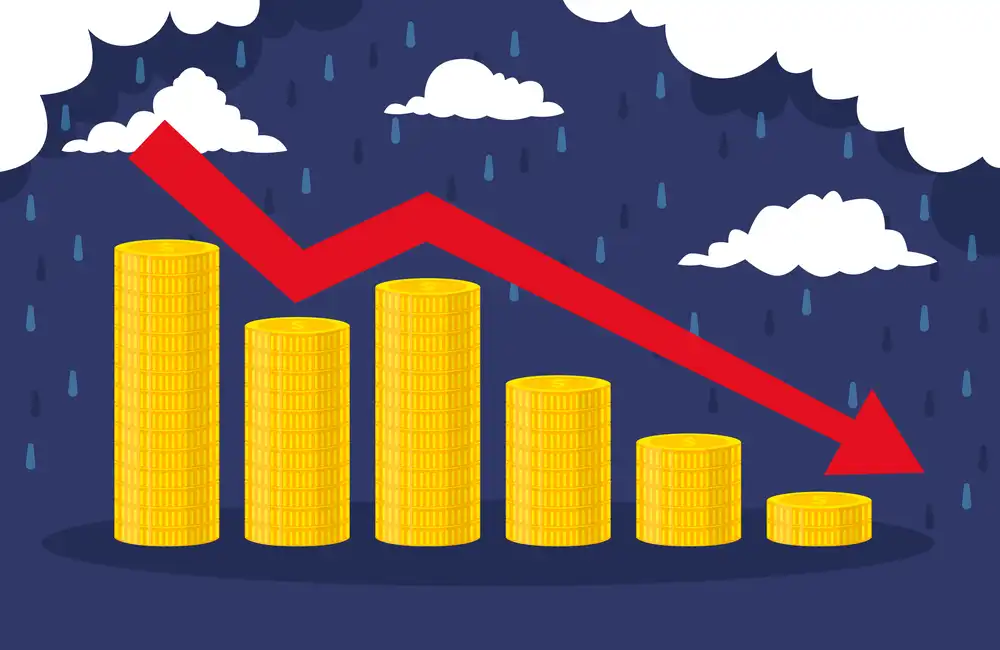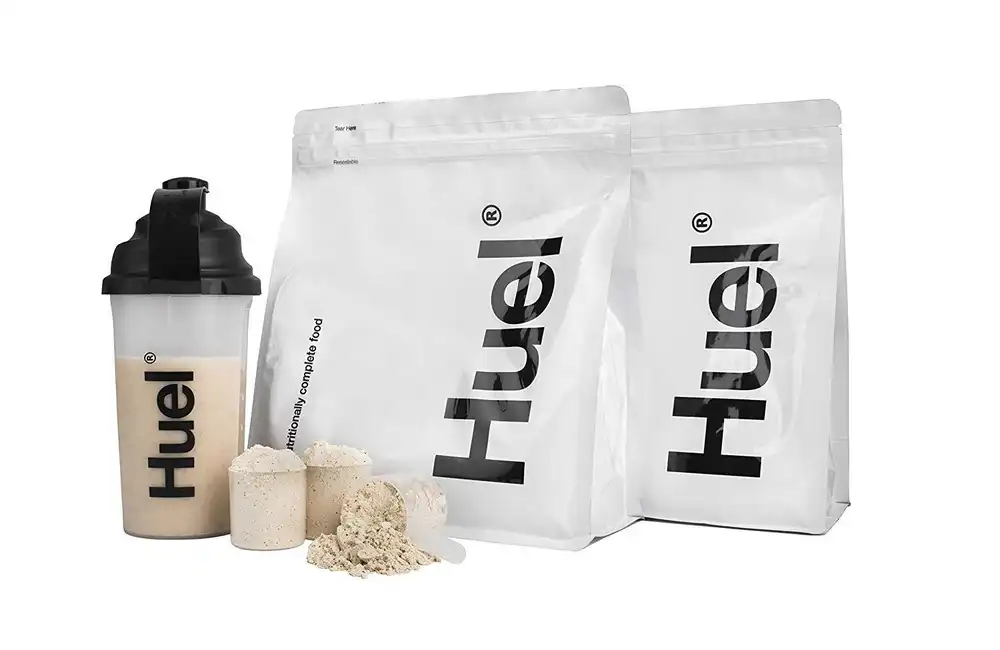Commodity investing presents a unique opportunity for diversification and growth, making it an appealing option for many new investors.
Commodity investing presents a unique opportunity for diversification and growth, making it an appealing option for many new investors. Commodities such as gold, oil, and agricultural products allow investors to hedge against inflation and tap into global economic trends. However, while rewarding, commodity investing is not without its challenges. For beginners, it can be risky territory, often leading to costly mistakes. By understanding common pitfalls and learning how to avoid them, you can confidently build a more resilient and profitable portfolio.
The Mistake: Lack of Research
Jumping into commodities without conducting thorough research is one of the most common errors new investors make. Many assume they know how commodities like oil or gold behave based on popular sentiment, only to find themselves blindsided by market complexities and fluctuations.
How to Avoid It:
- Invest time in understanding the fundamentals of the commodities you’re interested in, including supply and demand dynamics.
- Learn how commodity prices are influenced by factors such as weather, global trade policies, and geopolitical events.
- Utilise reputable resources like market reports or commodities indices to stay informed.
- Consider working with an investment advisor or subscribing to expert-led analyses to build deeper knowledge.
The Mistake: Underestimating Volatility
Commodities are inherently volatile, with prices often swinging dramatically in a short time. New investors frequently underestimate just how quickly these price changes can alter the value of their investment, leading to shock losses.
How to Avoid It:
- Start with small investments and gradually increase exposure as you become familiar with market behaviour.
- Diversify your portfolio to mitigate the risk of sudden market downturns.
- Use stop-loss orders effectively to limit potential losses during periods of volatility.
- Monitor your investments closely and set up alerts for significant price changes.
The Mistake: Chasing Trends
The fear of missing out (FOMO) often drives new investors to chase popular trends in commodity markets, such as a sudden rally in gold or oil prices. While tempting, this reactive approach can result in investments made at peak prices, followed by sudden losses.
How to Avoid It:
- Develop a strategy based on your financial goals and stick to it, regardless of market hype.
- Analyse historical data to understand if a trend is sustainable or likely to reverse.
- Focus on long-term value instead of reacting to short-term market excitement.
- Seek professional advice to gain a balanced perspective on current trends.
The Mistake: Overconcentration in One Commodity
Placing all your investment dollars into a single commodity might seem straightforward, but it exposes your portfolio to significant risk. One poor market performance or disruption could impact all your holdings.
How to Avoid It:
- Diversify your commodity investments across different categories, such as metals, energy, and agriculture.
- Balance your portfolio with other asset classes, such as equities and bonds, to spread risk.
- Avoid putting more than a set percentage of your total investment capital into any single commodity.
- Review your portfolio allocation regularly to ensure it remains diversified and aligned with your goals.
The Mistake: Ignoring Global and Geopolitical Factors
Commodities are deeply affected by global events, including trade wars, political instability, and economic policies. Failing to consider such external factors can lead to unexpected losses.
How to Avoid It:
- Stay updated on global economic trends and geopolitical events through trusted news sources.
- Understand how key factors like sanctions, tariffs, and weather patterns can affect commodity prices.
- Consider using commodity-specific risk management tools such as futures contracts to protect against global uncertainties.
- Collaborate with an advisor who can provide insights on how global events impact your holdings.
Final Thoughts
Commodity investing can be an excellent addition to your investment strategy, offering diversification and the potential for solid returns. However, it requires a strategic approach, thorough research, and an awareness of the market's unique risks. By avoiding the common mistakes outlined above, you can confidently build a more resilient and profitable portfolio.
Whether you're just getting started or already building your portfolio, staying informed is essential. Subscribe to Advisor's Gateway and get our fortnightly newsletter packed with exclusive market tips, strategies, and insights for both experienced and new investors.




















